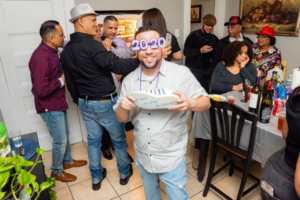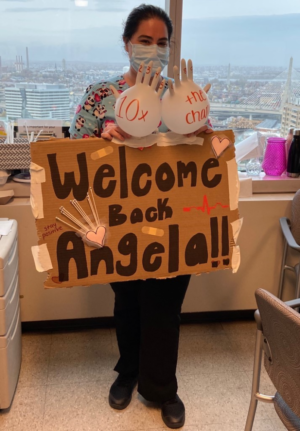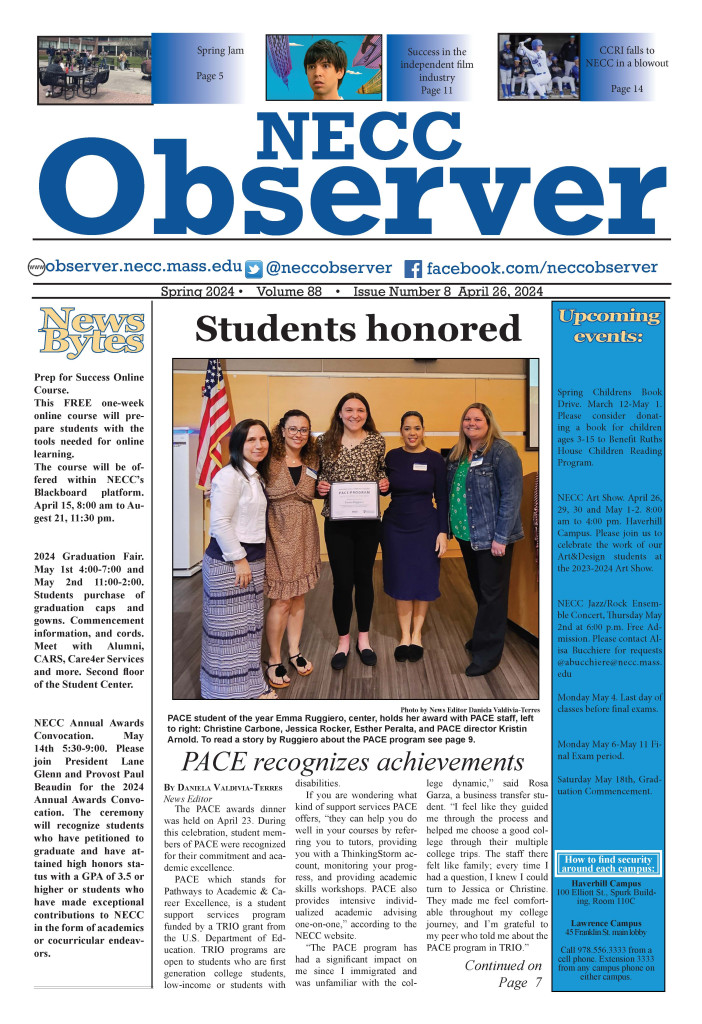All around the world, teachers have been learning to teach remotely, and adjusting to the “new norm.” Parents and guardians must also adjust to the way their household has to be now. This may be an easier switch for younger moms and dads, or families with teenagers to help. But most parents and younger children are having a hard time trying to figure out all the technology that’s now required to be used daily for education to continue and for teachers to ideally teach. However, nothing is ideal right now.
In my household there are five children that normally attend public schools in Haverhill. They are ages 7, 9, 10, 12 and 15. The 15-year-old is my sister Laylani and she is in the age range where she knows what she’s doing for the most part and doesn’t need much guidance. Also, Laylani goes to a technical high school, where everyone has already been using iPads and learning more technologically so she just has to adjust to the Zoom calls. Zoom is a video conferencing app that schools are using to have some sort of face-to-face class and to give students a chance to ask questions, and teachers a chance to explain concepts better. I know of Zoom and “Google Meets” and both are ways of communicating with a full class of students now until the end of the school year.
Since there are so many students in my house and not many rooms, when all of these class meetings happen, it gets hectic. The video calls happen around the same time, if not at the exact same time, and all of the kids in my house will sit at the kitchen table, some with headphones, and some without, and there will be four to five different classes going on at once. With these calls, comes a lot of technical difficulties and not much time for one-on-ones between the student and teacher. So, when “class” isn’t going on, my grandmother and I still like to focus on their education. I’m their spelling, art, and music teacher, and my grandmother is the science and gym teacher. This makes it interesting because although we do things differently from their teachers at school, what really matters is we’re keeping them busy and educating them at the same time.
Although there have been many complications and adjustments when it comes to this new normal of homeschooling and cooperating with technology, this has been a great learning experience for me. During this time, I’ve grown to appreciate teachers more because of how overwhelming it can be, and I learned how hard it is to create assignments and projects for a group of kids with different ages and separated interpretations. But if we just try our best, as parents and guardians, to give our children a stress-free environment to keep learning, I think we will be well prepared for what the future holds. Education is so important, and we should all be teachers of something.



